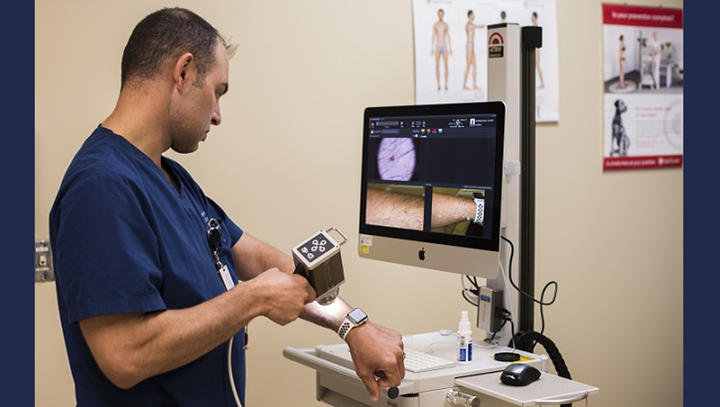c89 % of healthcare managers believe that AI is making healthcare more efficient

According to a KPMG report, almost 9 out of 10 healthcare executives say that AI is making their health systems more efficient. The report is called “Living in an AI World: Achievements and Challenges of Artificial Intelligence Across Five Industries,” and surveyed 751 executives of five different industries, including healthcare, on how they see the future of artificial intelligence in their sectors and what are they doing to make the most of their benefits and reduce its challenges.
AI is impacting healthcare in both positive and negative terms. On the positive side, it is improving operational efficiency and leading to better diagnoses. However, some believe that AI adoption is leading to an increase in healthcare costs.
What do healthcare executives believe about the pace of AI adoption?
37 % of the surveyed executives say that the AI pace of implementation is not fast enough. However, 53 % said the industry was ahead of other industries in AI adoption. Most believe that the application is too slow due to many factors, such as training, cost, and privacy.
However, the fact that so many believed the implementation is not fast enough means they see AI in a profoundly positive way. That perception may mean that sooner than later, AI adoption will transform way more facets of the healthcare business.
“The pace with which hospital systems have adopted AI and automation programs has dramatically increased since 2017,” Melissa Edwards, KPMG’s managing director of digital enablement. “Virtually all major healthcare providers are moving ahead with pilots or programs in these areas. The medical literature is showing support of AI’s power as a tool to help clinicians.”
As the title said, 9 out of 10 executives believed that AI is improving efficiency in their business and also increasing patients’ access to their services.

What’s coming next?
“My general observation is that more of the AI-related services and solutions being advanced in healthcare today are largely in the clinical, patient-facing space,” Edwards said. “Basic forms of automation are proving to be the ‘gateway drug’ to advanced forms of AI – such as scanning documents to determine the urgency of a referral. Applying AI to make earlier diagnoses of critical illnesses is a key area.”
Edwards’s opinion goes in hand with the interviewed executives. 68 % believed that AI would lead to better diagnoses of illnesses and conditions, and almost half of them (47 %) said that AI would have a significant impact on diagnosis within the next two years. Similarly, 40 % believe that X-rays and CT scans will be dealt with robotically in that period. This is not just wishful thinking. Google Health developed and deployed an AI model through DeepMind that was more effective than human physicians at screening patients for breast cancer using recent X-rays.
Likewise, as the industry has invested hard on digital health records, many surveyed executives say that AI will enhance the impact of this process. 41 % believe there’ll be more AI record management, 48 % say that biomedical applications will receive the most substantial impact, and 47 % say that machine learning will be the greatest.